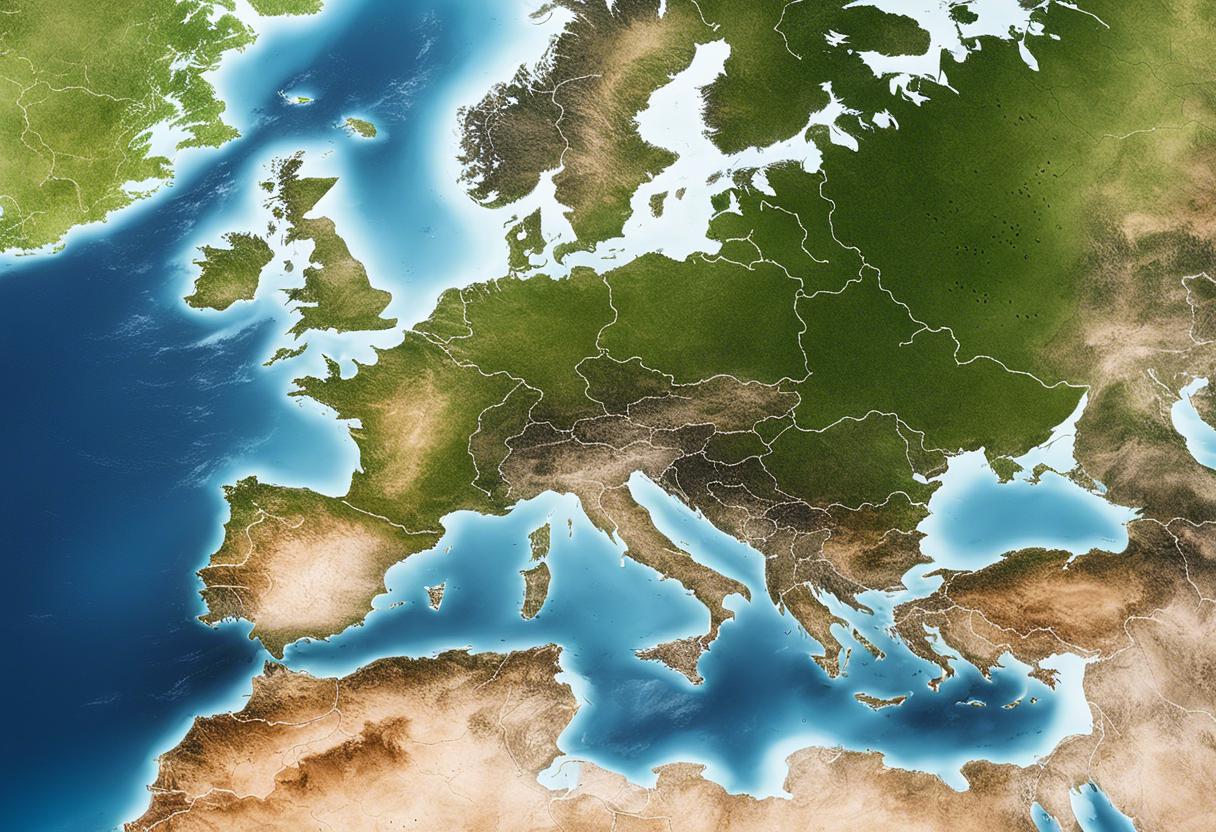Heinrich August Winkler, a renowned historian notable for his extensive contributions on Germany’s history, isn’t one to voice his opinion lightly. His recent criticism of the ruling Social Democratic Party (SPD) has therefore garnered significant attention. Last week, Winkler, together with a quartet of lesser-known historians, penned a scathing letter contending that the current German Chancellor, Olaf Scholz, hasn’t shown clear support for Ukraine.
They allege that Scholz has entangled himself in capricious, erratic, and often factually flawed arguments that advocate for doing less instead of pushing for greater military assistance. The historians’ harshest criticism was directed at the SPD’s parliamentary leader, Rolf Mützenich, who pondered aloud whether it might be time to “freeze” the conflict. They warned that such an approach would essentially bring the war to a close to the advantage of the aggressor.
Counter-arguments coming from Berlin are well-rehearsed. Critics are reminded that Germany, in alliance with Poland, has become Ukraine’s top arms supplier and the largest recipient of refugees since February 2022.
However, Winkler differs from other critics. He has been an SPD party member for a substantial six decades. Winkler is well aware that numerous party members consider themselves successors to former chancellor Willy Brandt, attributing the deceleration of the Cold War to his 1970s Ostpolitik, which promoted engagement and trade.
The historian is one among many critics suggesting that various German individuals have willingly twisted this legacy to validate a lucrative expansion into Russia post-1989. As per this school of thought, lingering feelings of war guilt combined with emotional attachment have obscured the dangers of dependency on Russian energy sources.
While many figures have contributed to Germany’s unsound Russian policy throughout recent years, the SPD is most frequently implicated. The co-leader of the party, Lars Klingbeil, conceded last year that their past stand on Russia had been an error, yet he failed to fully explain why these missteps became policy.
In a similar vein, Rolf Mützenich admitted that he had “completely underestimated” Putin’s imperial mindset – yet he offered no clarification on why Berlin disregarded Eastern neighbours’ alerts, including those from countries which Putin began annexing. A letter has brought these censures into sharper focus, causing the SPD to wrestle with clarifying their stance on Russia. Chancellor Olaf Scholz holds sway, however, he is not the leader of the party; Mützenich, on the other hand, attracts significant backing within the parliamentary party. This is the very party which stated in its 2021 manifesto: “European peace cannot be managed against Russia, only with Russia”.
After Easter, SPD leaders have arranged to meet with the historian critics. An open, candid investigation into its prejudice and ignorance regarding Russia would be advantageous for both Germany and Europe more broadly.

